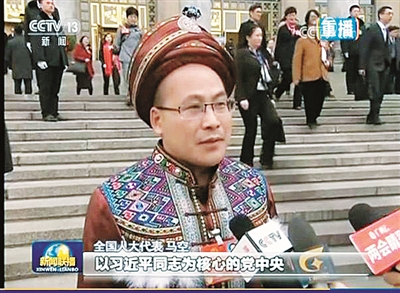 The National People’s Congress (NPC) and Chinese People’s Political and Consultative Conference (CPPCC) , also known as “Two Sessions” were convened recently with the theme of “New Era, New Journey”. What are the major concerns of the newly elected NPC deputies and CPPC members who are OUC graduates?
The National People’s Congress (NPC) and Chinese People’s Political and Consultative Conference (CPPCC) , also known as “Two Sessions” were convened recently with the theme of “New Era, New Journey”. What are the major concerns of the newly elected NPC deputies and CPPC members who are OUC graduates?

Ma Kong, a member of the Miao ethnic minority and graduate of the OUC Guangxi branch, is now a deputy to the NPC, county magistrate, and vice secretary of the CPC Party Committee of the Rongshui Miao Ethic Minority Autonomous County, Liuzhou, Guangxi Province. He proposed that the government put more effort into protecting ethnic-minority villages from destruction, and into saving ethnic-minority culture. He raised a number of issues of concern, such as the lag in infrastructure construction in poverty-stricken areas of Guangxi Province, weak industrial development, and the heavy burden of liberating the people there from poverty. Ma suggested that more investment be made in infrastructure construction in poverty-stricken areas and more support given to industrial development in combination with relocation policies, changing the focus of the poverty-alleviation projects from helping people in the form of aid to teaching them to help themselves, a quick route to getting rid of poverty. Rongshui, as a deeply poverty-stricken area, is a key poverty-alleviation county at the national level. Ma says there is still arduous poverty-alleviation work to be done in four aspects: infrastructure construction, industrial upgrading, targeted poverty-alleviation, and the integration of poverty-alleviation work with tourism, village development and urbanization. The aim is make to breakthroughs in relocation, industrial development, collective village economies, infrastructure construction, and industrial cooperation and development in Guangxi and Guangdong Provinces.
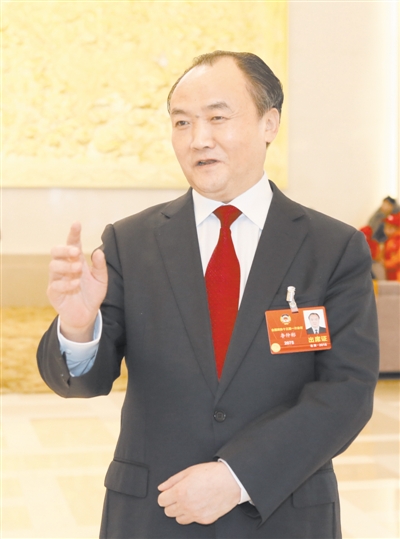
Li Zhongbin, a graduate of the OUC Sichuan branch and now a member of the CPPC, holds the positions of chairman of the Chengdu Municipal Political Consultative Conference and CPC Party secretary. After listening to the work report of the CPPC, Li Zhongbin said that the political-consultative organisations, units participating in political consultation, and CPPC members will always adhere to, and carry out in-depth study of, General Secretary Xi Jinping’s new-era “socialism with Chinese characteristics” and the guidelines put forward by the 19th CPC Congress, undertaking all kinds of work under their guidance. Meanwhile, positive suggestions, participation in state affairs, and substantial democratic participation should be sought to realize the goal of democratic consultation and the role of the special consultative organisations, leading to greater contributions to the strategic goal of Chengdu’s rapid development into a more modern type of city.
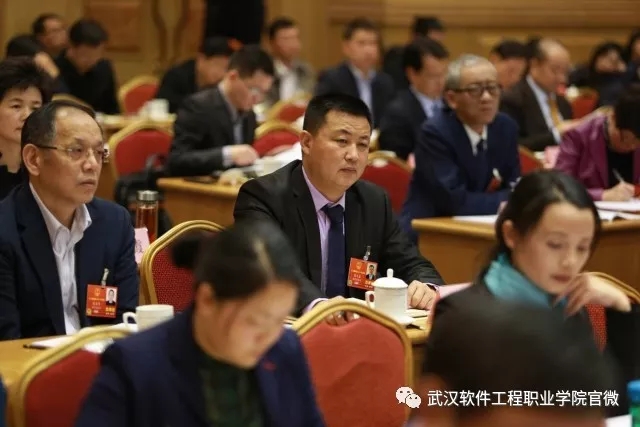
Zhang Wenxi, a graduate of the OUC Wuhan branch and deputy to the NPC, is the only NPC deputy from the grassroots level who is also a farmer. He is the secretary of the Party branch and director of the Village Commission in Chenyu Village, Pantang Street, Xinzhou District. Zhang proposed that the central government support Wuhan’s development of a national-level Yangtze new area, and enlarge its support of agricultural industries and rural infrastructure construction. Zhang believes that finding and cultivating talent is the key to rejuvenating rural areas, and that the roles of three types of personnel should be emphasised: first, the secretary of the CPC Party branch at the grassroots level; second, leading scientists able to help realise the goal of development through innovation; and third, farmers with training that enables them to adapt to industrial development. Zhang added that improvements to the production and livelihoods of farmers should be central, with industrial development as the focus, while also caring about the coordinated development of political, cultural, social and ecological aspects and the spread of a positive rural culture, so as to realise the goal of creating strong rural areas, rich farmer, and a pleasant rural environment.
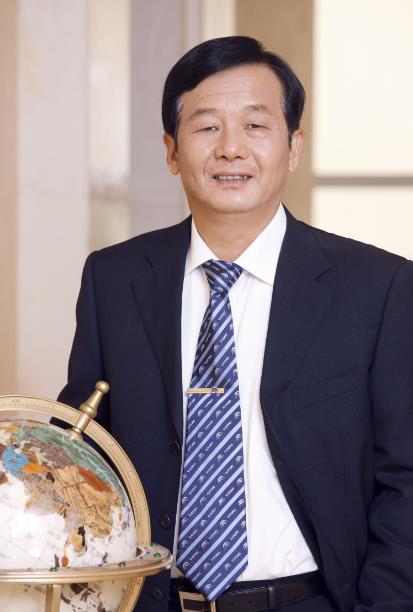
Tang Yuxiang, a graduate of the OUC Henan branch and deputy to the 10th, 11th, 12th and 13th NPC’s, is president of Zhengzhou Yutong Group, secretary of the CPC Party Committee, and general director of the company. Tang was named a National Model Worker in 2005. This year, Tang proposed enhancements to school-bus safety, as he had in 2011 and 2012. He suggested that the government exempt school-bus purchases from sales tax, and improve policies, regulations and standards to enhance bus safety. He also believes that poverty-stricken areas should be given subsidies to assist them with the purchase and operation of school buses, since education is essential to reducing poverty. In addition, Tang proposed that bus-safety education be promoted in the classrooms of primary and secondary schools.
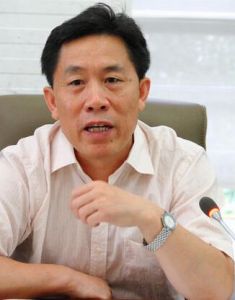
Guo Yuejin, who was an Enterprise Management major at the OUC, is now a vice chairman of the Hubei CPPC and director of the Hubei Democratic Construction Association. Guo thinks that enterprise growth relies on both the efforts of the enterprises themselves and government support, specifically through improvements to market mechanisms and the combat of intellectual-property theft. Guo made four suggestions for helping enterprises: improve intellectual-property law and enforcement to encourage innovation; ; combat local protectionism and ensure fair competition; and promote enterprises that make efforts to protect the environment and contribute to the high-quality development of the national economy.
By the OUC News Centre, integrating reports from Baidu, Guangxi Daily, rmzxb.com.cn, Farmer’s Daily, People’s Daily, SOHU.com etc.